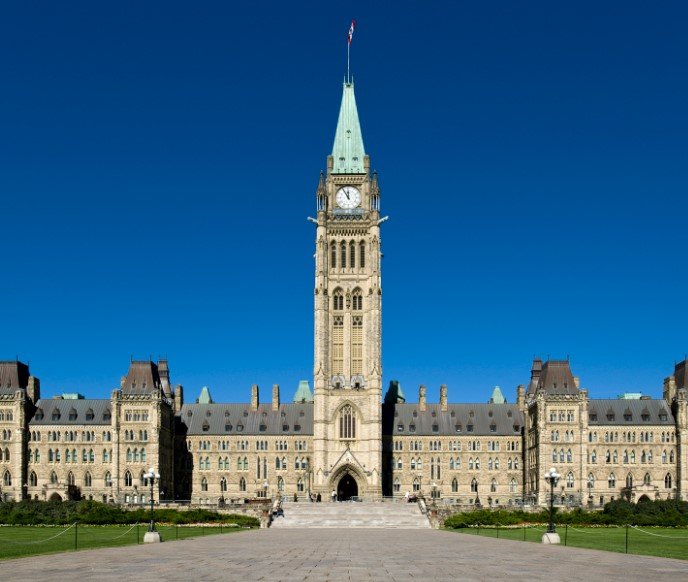Canada’s political landscape just got a shakeup. Prime Minister Mark Carney has called a snap election for April 28, aiming to secure a stronger mandate for his Liberal Party. With tensions escalating in a trade war against the United States and former President Donald Trump stirring controversy with annexation threats, Carney says a decisive vote is crucial.
A New Leader, A Bold Move
Mark Carney stepped into the Prime Minister’s role after Justin Trudeau’s departure, inheriting a nation grappling with economic strain and diplomatic turbulence. Carney, the former Governor of the Bank of Canada and Bank of England, isn’t exactly a political rookie — but leading a party in crisis is a different game altogether.
His decision to call an early election caught many by surprise. Still, Carney insists the move is about stability and strength. “We need a government with a clear, strong mandate to protect Canada’s interests — both economically and politically,” he declared from Ottawa.

Trade War Heats Up
The US-Canada trade relationship has been under strain for months. New tariffs on Canadian steel, lumber, and dairy products have sent ripples through the economy, with thousands of jobs on the line. Businesses are feeling the squeeze.
- Canadian exports to the US dropped by 11% in the last quarter.
- Unemployment in key industrial regions has ticked up by 2%.
- Consumer prices are rising, with groceries seeing a 7% jump year-over-year.
Carney has accused Trump of using trade as a weapon. “This isn’t just about tariffs. It’s economic coercion — plain and simple,” he said in a recent press briefing.
Trump’s Shockwave: Annexation Threats
Perhaps more alarming than the trade conflict are Trump’s repeated suggestions that the US should annex Canada. While many initially dismissed the remarks as rhetorical bluster, the former president has doubled down on the idea during rallies and interviews.
“The Canadian people — they’re great people — they want to join us, I’m telling you,” Trump said last week. “They’re tired of bad deals, tired of weak leadership. We’d welcome them as our 51st state.”
Carney responded sharply, calling the notion “delusional” and “an insult to Canada’s sovereignty.” Polls suggest Canadians agree. A national survey by Ipsos found that 87% of Canadians oppose any annexation discussion, with most viewing Trump’s comments as inflammatory.
What’s at Stake on April 28?
The election pits Carney’s Liberals against the Conservative Party, led by Pierre Poilievre — a fiery, populist figure who’s gained traction by criticizing Liberal economic policies. Poilievre argues the Liberals have mismanaged the economy and failed to stand up to Trump.
Key battlegrounds include:
- Ontario: The Liberal stronghold faces rising job losses in manufacturing.
- Quebec: Nationalist sentiment is high, with voters wary of US influence.
- Alberta: Oil and gas issues dominate, leaning conservative but watching Carney’s energy policies.
The election’s outcome could reshape Canada’s political and economic trajectory for years to come.
